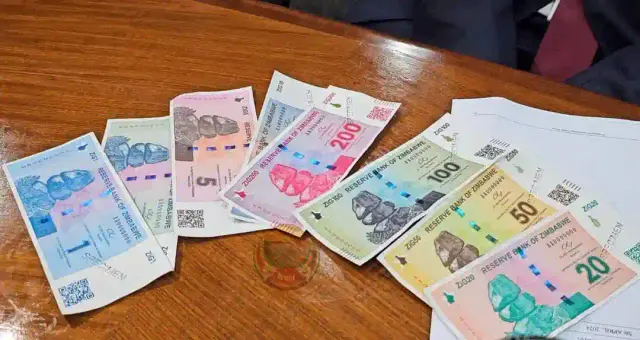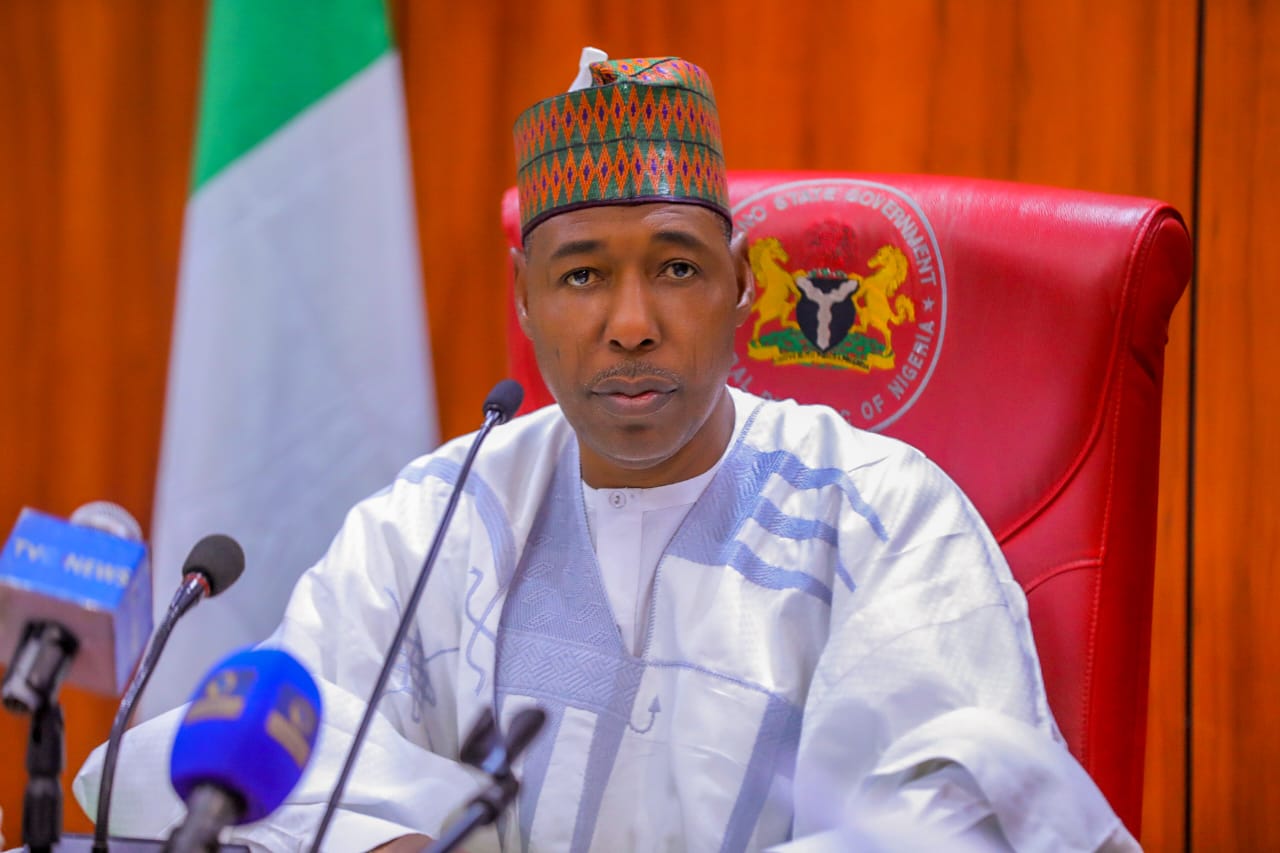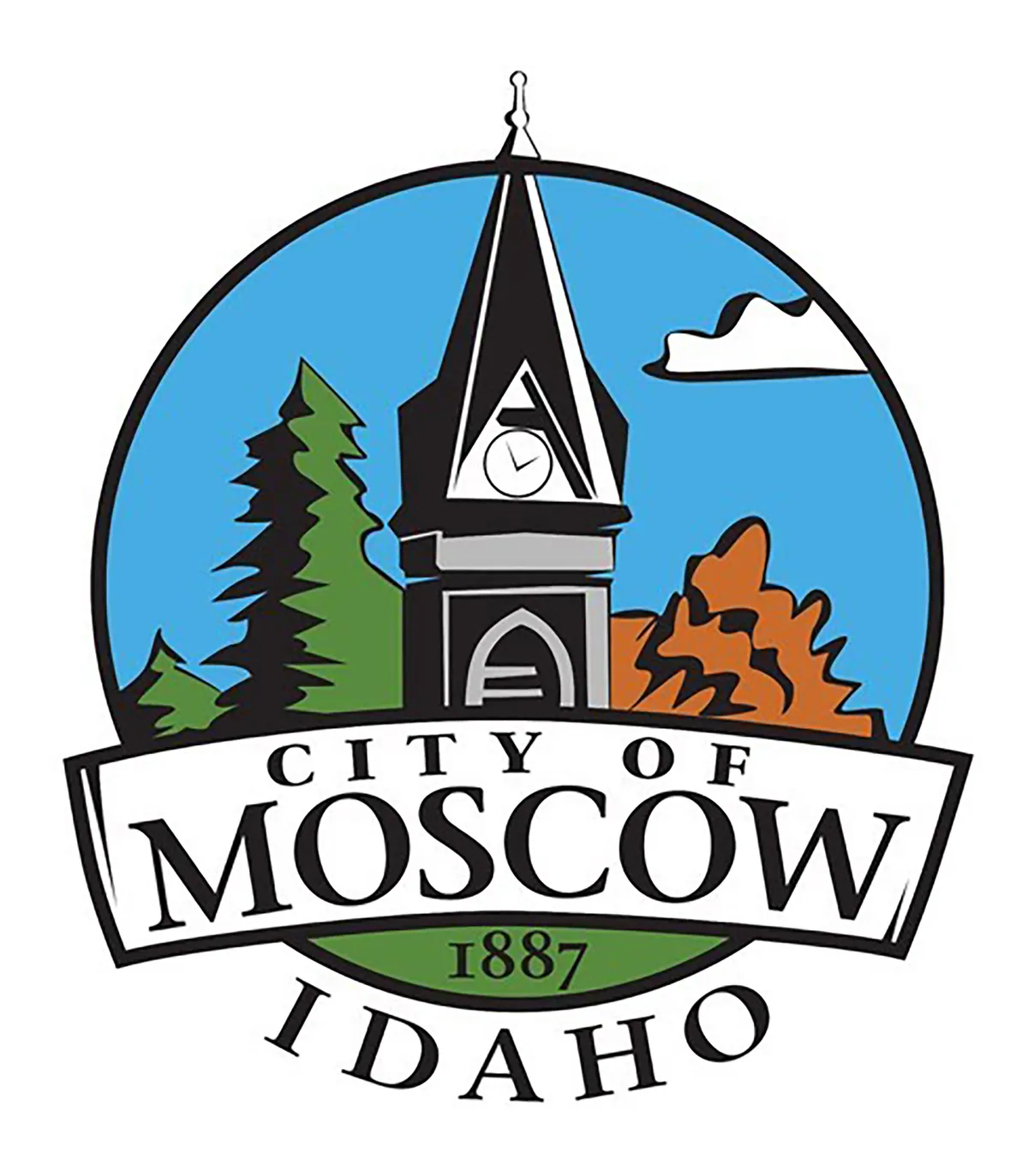Copyright zimeye

By A Correspondent The Reserve Bank of Zimbabwe (RBZ) has come under fire for claiming that the gold-backed ZiG currency “means business” and that the “future is rock solid.” Many citizens say the central bank’s optimistic tone is far removed from the economic hardship they face daily. In a statement released on Wednesday, the RBZ said, “Month-on-month ZiG inflation has remained relatively low and stable in recent months, averaging 0.6%, attesting to ZiG stability.” The bank also boasted that “the Willing-Buyer-Willing-Seller interbank exchange rate remained largely stable against the US dollar,” and that this had “increased availability of forex and contained the parallel market premium.” But ordinary Zimbabweans are far from convinced. Across the country, the local currency continues to lose public confidence, with most people still preferring to transact in US dollars. “Stability only exists on paper,” said one teacher from Masvingo. “Prices keep changing, and no one trusts the ZiG when buying essentials.” A businessman added, “They say inflation is low, but every week something goes up—transport, food, rent. If this is stability, then it’s meaningless.” Despite RBZ claims that “low monthly inflation keeps prices steady allowing Zimbabweans to manage their budgets, savings, and planning with more certainty,” many say there is nothing certain about their economic reality. Shops, fuel stations, and landlords continue to demand foreign currency, making it nearly impossible for those earning in ZiG to survive. “The moment you get paid, the money starts losing value,” said another frustrated worker. “How can you plan for the future when your currency doesn’t hold?” The central bank insists that “a stable ZiG and consistent exchange rate show that the currency is holding its value over time,” yet the parallel market still dictates prices, exposing the weakness behind the official numbers. While authorities celebrate what they call “key facts indicating stability,” many citizens see it as empty rhetoric meant to mask an economy still struggling under inflation, poor confidence, and chronic dependency on the US dollar. For most Zimbabweans, the supposed ZiG stability remains nothing more than a government illusion—a glossy narrative masking a harsh, uncertain reality.



